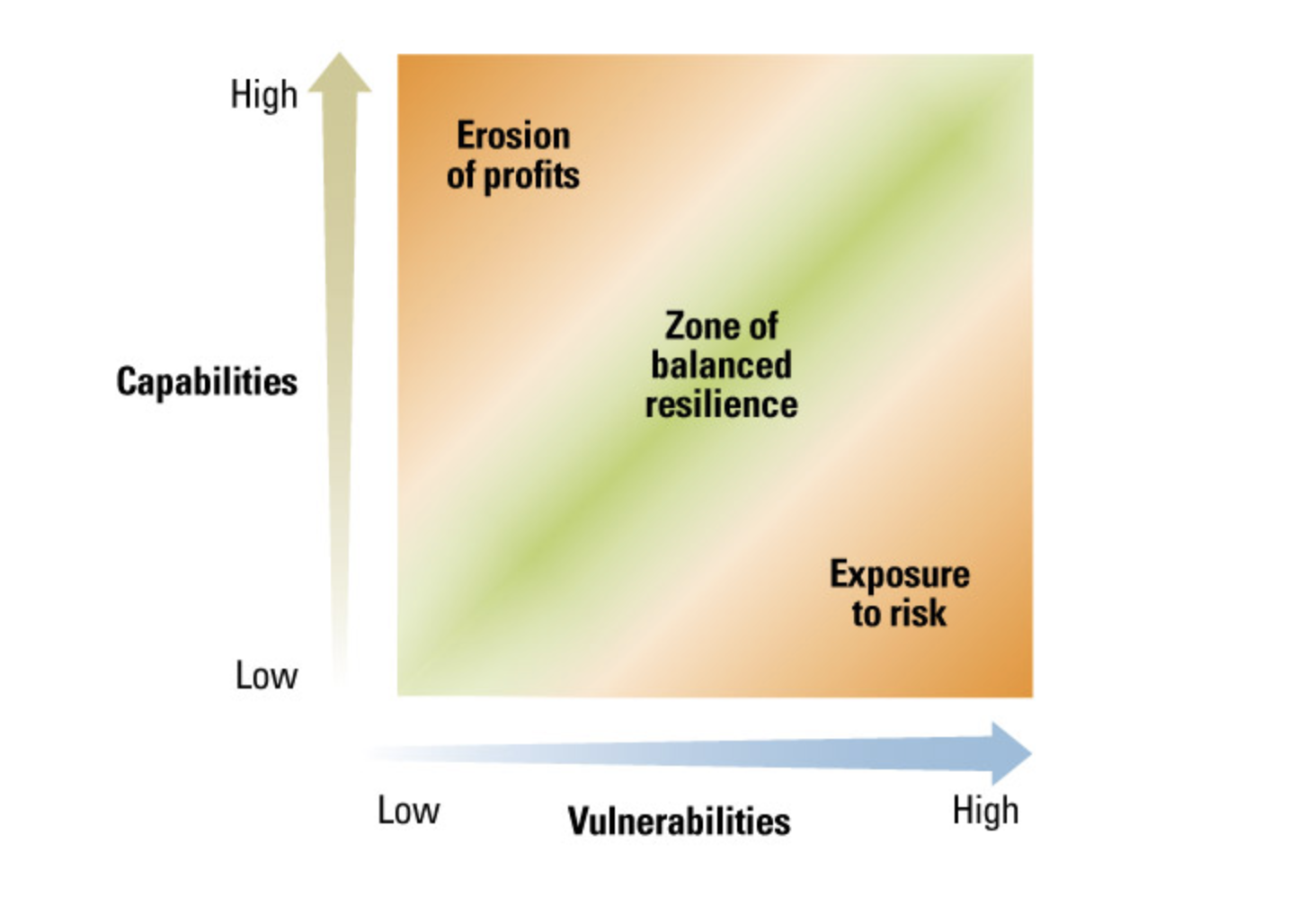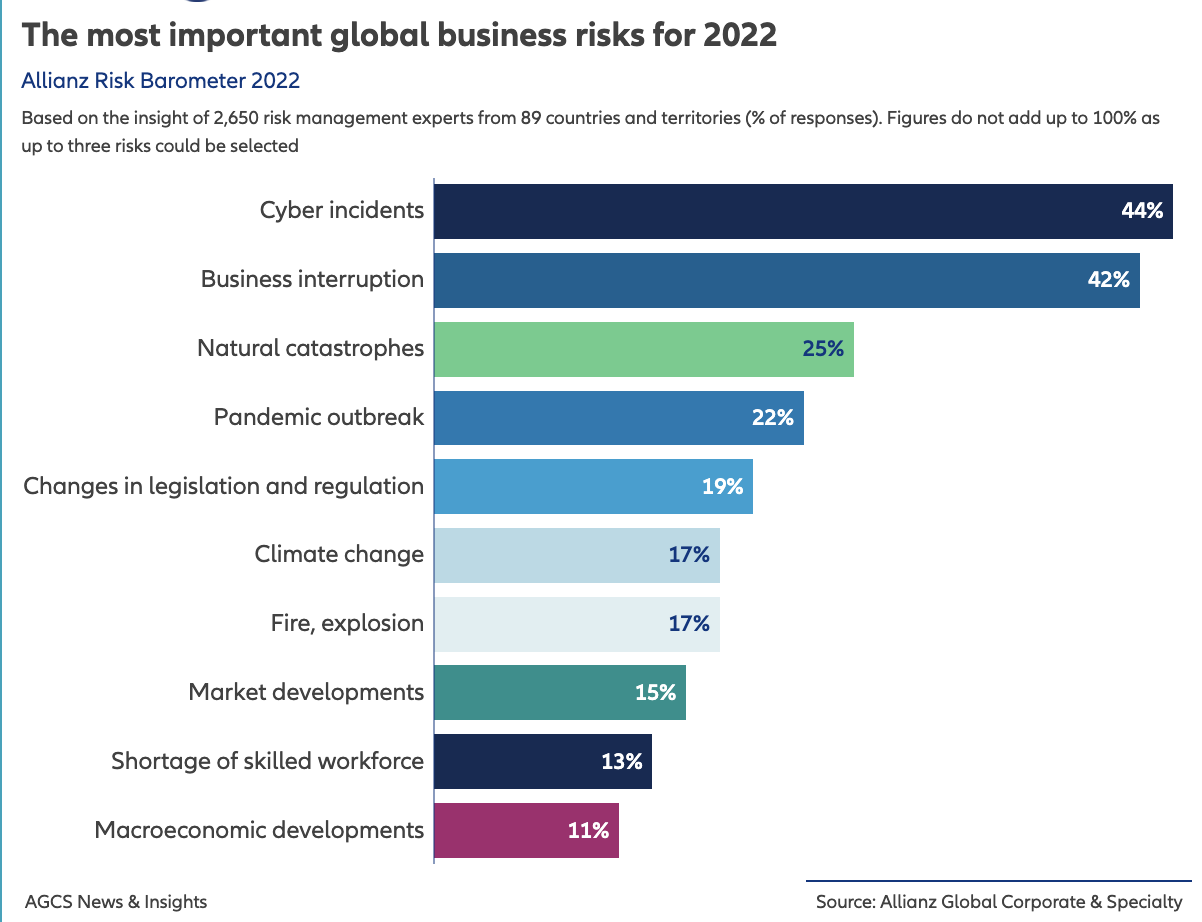Organisations often think that managing crisis is just a matter of being prepared for the worst. While your preparations may cover known potential disruptions, in unprecedented times, it becomes clear that 'emergent' risks, or risks that are newly developing and therefore not understood, may not be accounted for in your plan. When these ambiguous 'emergent' risks surface, the organisations that can adapt and respond continually are more likely to win.
Sustained crisis isn't something that any organisation can be fully prepared for. However, being able to respond quickly and adapt plans to cater to an ever changing landscape is key. Survival of the fittest, a phrase coined by Herbert and used by Darwin, rings true to say that organisations that are most adaptive to their environment are more likely to survive.
There are events that can never be fully anticipated and, more often than not, even the most comprehensive risk management plans fail to cater to rapidly evolving needs. What is our real-time response to sense and coordinate efforts to reduce risks?
There are certain qualities of organisations that elevate their level of resilience, positioning them to survive the most unforeseen circumstances.
Adaptive organisational risk culture
It's important that a healthy risk culture permeates the entire organisation, so people are able to make changes that don't rely solely on a risk management team but on the entire organisation. A adaptive, problem-solving mindset is vital to navigating uncertain times. There are always going to be risks that you didn't think of during the planning process as you didn't identify them as threats before. If organisations are too siloed and haven't emphasised a risk culture, they will be limited as to how they respond to emergent risks.
Think open source development
Responding to a crisis should be treated similarly to open source product development. You begin with a product and then invite others to codevelop and add value to the process, which is in essence making your risk culture more adaptive and ready to face risks that you haven't anticipated yet. Leveraging capabilities not only within the organisation but from the environment become crucial. Aligning with businesses that are like-minded creates avenues to withstand what's coming especially when it's unpredictable.
Rethink stable operations
Most risk management practices are built on the goal of returning to a stable state where it is business as usual. However, in times of a pandemic as we are currently facing, an organisation's once 'normal' state will cease to be the same. As a result, measures put in place to manage risks must be able to adapt and recognise a new normal state. Disruptions create opportunities to recreate what was once how things are done and then do that better.
Source: MIT Sloan Review
Vulnerabilities and investment in capabilities
Organisations that survive the worst identify their vulnerabilities and focus on creating capabilities to overcome them. In unprecedented times, all we've got to focus on is expanding capabilities to build resilience that can help anticipate, prepare for, adapt to, and recover from the worst. That said, building resilience is an investment and it will be need to made a priority.
In our current state, with so many changes in how people work and organise themselves, there is a need to create resilient systems that are innovative and don't fail when things get hard.
If your organisation is looking to build its organisational resilience, software like RiskWare's Business Continuity Module can provide structure and support in evaluating risks and developing plans to manage the unexpected. Our team always has time for a conversation. Don't hesitate to get in touch!






Comments